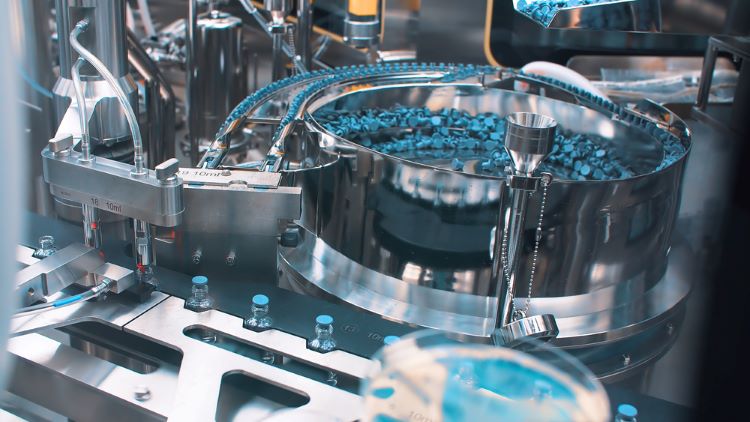First continuous mRNA manufacturing platform to be developed
Posted: 17 July 2023 | Catherine Eckford (European Pharmaceutical Review) | No comments yet
Design of the world’s first continuous mRNA manufacturing platform, an $82 million, three-year, FDA-funded project aims to help accelerate development of mRNA technologies.


A new three-year research programme led by researchers at Massachusetts Institute of Technology (MIT) is aiming to design the world’s first fully integrated, continuous mRNA manufacturing platform.
The resulting pilot-scale system is intended to improve society’s ability to respond to future pandemics as well as accelerate the development and production of mRNA technologies. The $82 million project is funded by the US Food and Drug Administration (FDA) Center for Biologics Evaluation and Research.
“All of these companies are investing hundreds of millions of dollars into mRNA, not because of COVID-19, but because of mRNA’s future potential in a range of disease areas,” commented Richard Braatz, the Edwin R Gilliland Professor in MIT’s Department of Chemical Engineering and the principal investigator for the project. “If we can drive the cost and time of development down, we’ll enable all sorts of new applications.”
De-risking development of mRNA technology
Current challenges in mRNA production
Like the production of many other biologics, current production of mRNA is batched and requires many steps that create bottlenecks in its production. However, continuous manufacturing enables a product to be made non-stop and avoids delays caused by pauses and transfers between batches.
The main goal of the project is to provide a template for companies using continuous manufacturing and facilitate collaboration within the biopharmaceutical industry.
Continuous manufacturing – an innovative solution
Integrated and continuous manufacturing processes have been shown to reduce the time to market of new drugs, ensure a flexible supply chain and reduce costs, according to the researchers. Continuous manufacturing should also improve the quality of mRNA production through automation and in-line analytics, Braatz noted.
Braatz added that “…current technology is too slow to get ahead of pandemics, but if we can develop these technologies further, that might be possible.”
“Continuous manufacturing of mRNA therapeutics has vast potential; the value of being able to quickly and safely create targeted mRNA treatments for known and not-yet-known threats is immeasurable,” shared Paula T Hammond, MIT Institute Professor and head of the Department of Chemical Engineering.
This new pilot-scale system builds on success of the Novartis-MIT Center for Continuous Manufacturing. This $85 million programme ran between 2007 and 2019. The programme developed and demonstrated the world’s first bench-scale integrated continuous manufacturing system.
The research team will work with the FDA to make sure the pilot-scale system aligns to current good manufacturing practices (cGMP) and informs regulatory strategies.
Work at MIT is already going ahead to develop automation and advanced controls for quality assurance and improve midstream processing.
Related topics
Big Pharma, Biopharmaceuticals, Continuous Manufacturing, Drug Development, Drug Manufacturing, Industry Insight, Manufacturing, mRNA, Technology, Therapeutics, Vaccines, Viruses
Related organisations
Massachusetts Institute of Technology (MIT), The US Food and Drug Administration (FDA)









